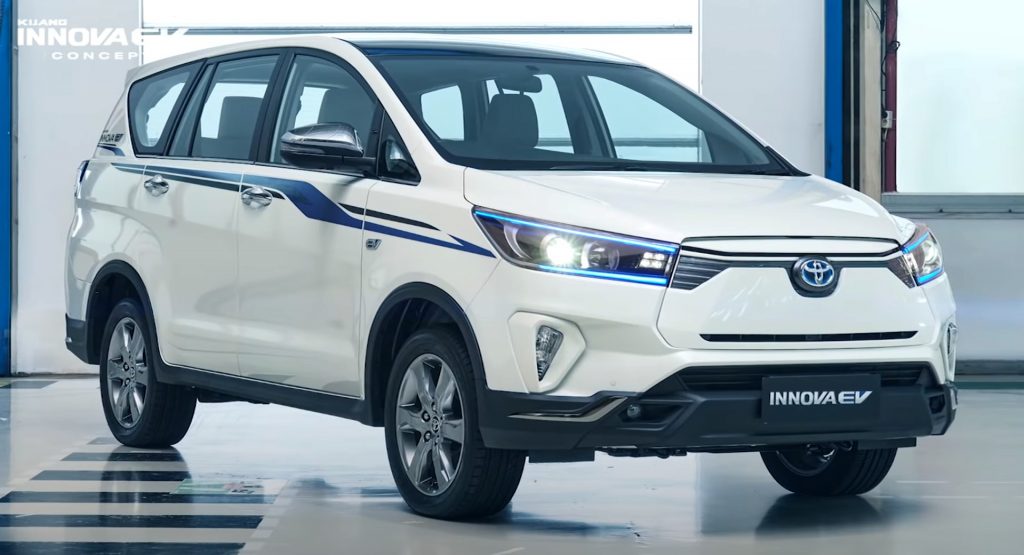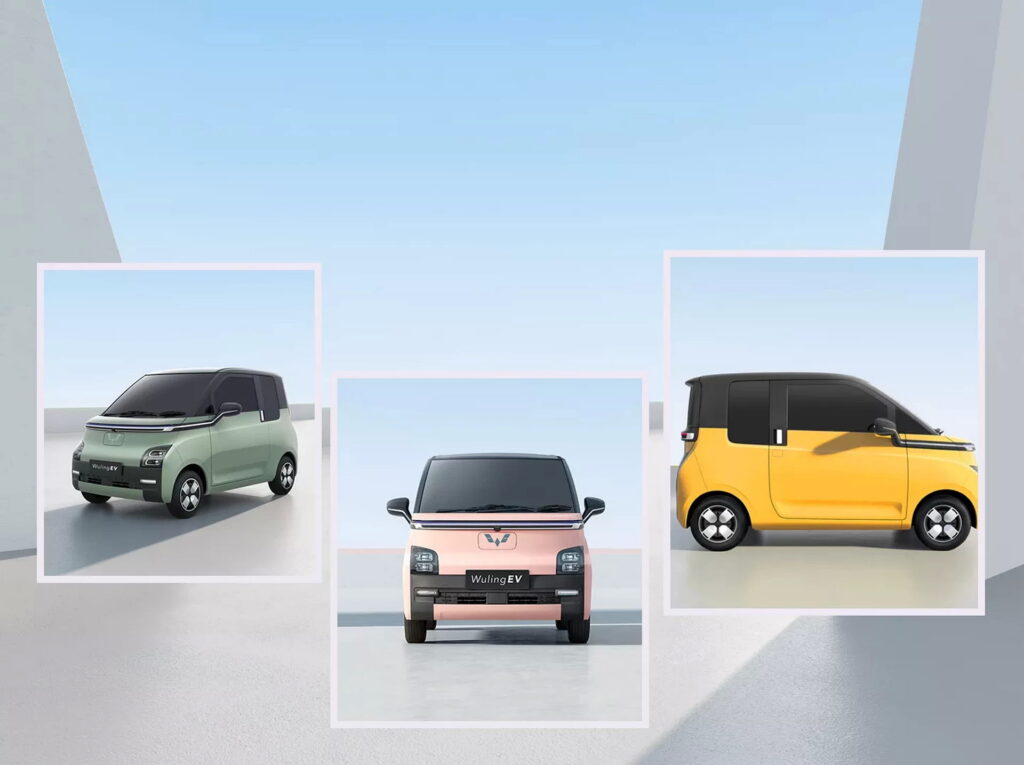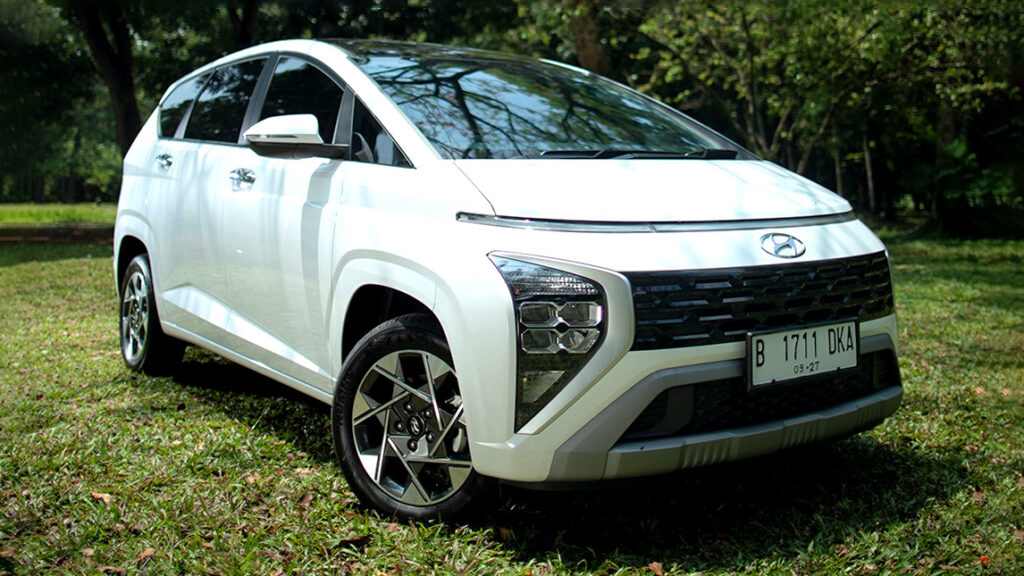While most of Europe looks set to adopt a 2035 cut-off date for the sale of combustion-powered vehicles, a question still remains whether lower- and middle-income nations are prepared for such a shift. So much so that some automakers see a long future for the internal combustion engine, as evidenced by the recent deal signed between Renault and Geely.
However, one middle-income nation appears to want to make a concerted shift toward electric vehicle adoption. Bloomberg reports that the Indonesian government is preparing to offer an 80 million rupiah (equivalent to approximately $5,000) subsidy for EVs — with one catch: they have to be locally made.
The announcement was made by Industry Minister Agus Gumiwang Kartasasmit, although no timeline for the implementation of the project was given. Some see the move as a way to reduce the strain on the country’s budget. In light of soaring oil prices, Indonesia kept gas prices low with subsidies to the tune of $44 billion. Reductions in said subsidies are reported to have sparked widespread protests.
Read: Indonesia’s Resources Are A Great Incentive For Local EV Manufacture

Hyundai has already started operations at its Indonesian EV plant, as has Mitsubishi. Toyota has invested in hybrid production locally, and earlier this year the Japanese automaker showcased an electric Innova concept that was converted by their Toyota Astra Motor plant. Meanwhile, the Wuling Air EV was named the official car for the G20 Bali Summit last November, with the Chinese automaker setting up 136 dealers across the nation.
The Indonesian government hopes that the EV incentive will increase the sales of electric vehicles threefold by 2030. The subsidy also extends to hybrid cars — which get half the amount off as BEVs — and electric motorbikes, which are eligible for a grant of 8 million rupiah (approx $500). Last but not least, motorbikes that are converted to run on battery power will be offered an incentive of 5 million rupiah (approx $320).





